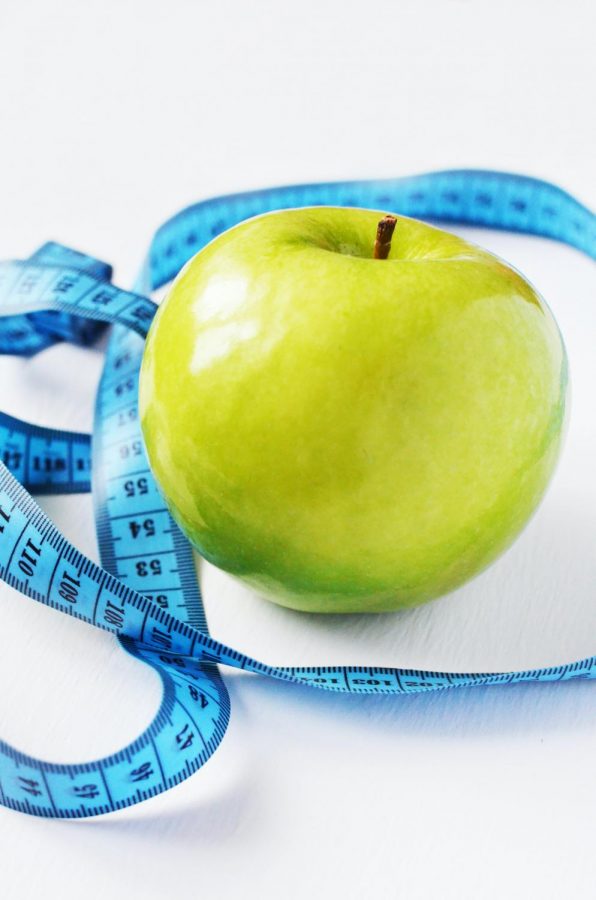Counting calories has become prevalent among teens, as a result of a surge in weightlifting on social media. This notion of tracking food consumption is an effective approach to maintaining good health but can also take a turn for the worse when it comes to eating disorders; discovering the perfect balance can be challenging.
People who exercise regularly tend to develop certain eating habits with the goal of developing an ideal physique. This phenomenon is not new; in fact, the idea of caloric intake has been around for thousands of years – so why are people limiting themselves to eating only a certain amount of them now?
Weightlifters and runners typically track their calories closely with the goal of building muscle and endurance while staying lean and fit. A research article by the United Kingdom National Health Service examined the combination of energy, calories and physical activities.. “When we eat and drink, we put energy into our bodies. Our bodies use up that energy through everyday movement, which includes everything from breathing to running,” it found. “An important part of a healthy diet is balancing the energy you put into your bodies with the energy you use.”
This process is actually quite simple. There are certain apps that allow people to scan or manually enter the foods they eat, and the technology will accumulate their intake for the day. Considering physical activity, sleep and water consumption is vital as well.
Although counting calories can be a sustainable eating method for some, many argue against it by saying it can cause eating disorders.
Following a statistical program for counting calories requires a mature and strong mind that is willing to give up junk foods high in calories. In an article written by registered dietician Lisa Valente, the relationship between what the body wants to eat and what it is forced to eat while tracking calories is explained. “When we follow strict numbers and rules, it forces us to eat by external rules, rather than our internal cues. I think it’s important to try and listen to your body when it’s telling you it’s hungry,” Valente said.
Although counting calories is a viable way to reach one’s goals faster in and outside of the gym, it is suggested to obtain a healthy balance between what the body wants and what one thinks it needs.
Senior Joe Gaya, an avid gym-goer for multiple years, explained his point of view on counting calories. “I believe counting calories is great for your ideal body shape. Counting calories can put you in a deficit and keep you mindful of better eating habits and overall weight loss,” he explained. “Others don’t count calories but it really just depends on personal preference and how you want your body structure to develop.”
So it really can be that simple to lose, maintain or gain weight for those interested. All it takes is simple knowledge of the calorie and its application to one’s diet in correlation to their physical goals. In some instances, it is not the case for some at all.
Despite all arguments, the human body requires a certain amount of macronutrients every day to thrive, and if not enough is acquired, physiological mishaps arise. Have discipline while tracking the food you eat, but understand walking on thin ice comes with risks; despite its plethora of benefits to human health, cautiousness while counting calories is advised.









